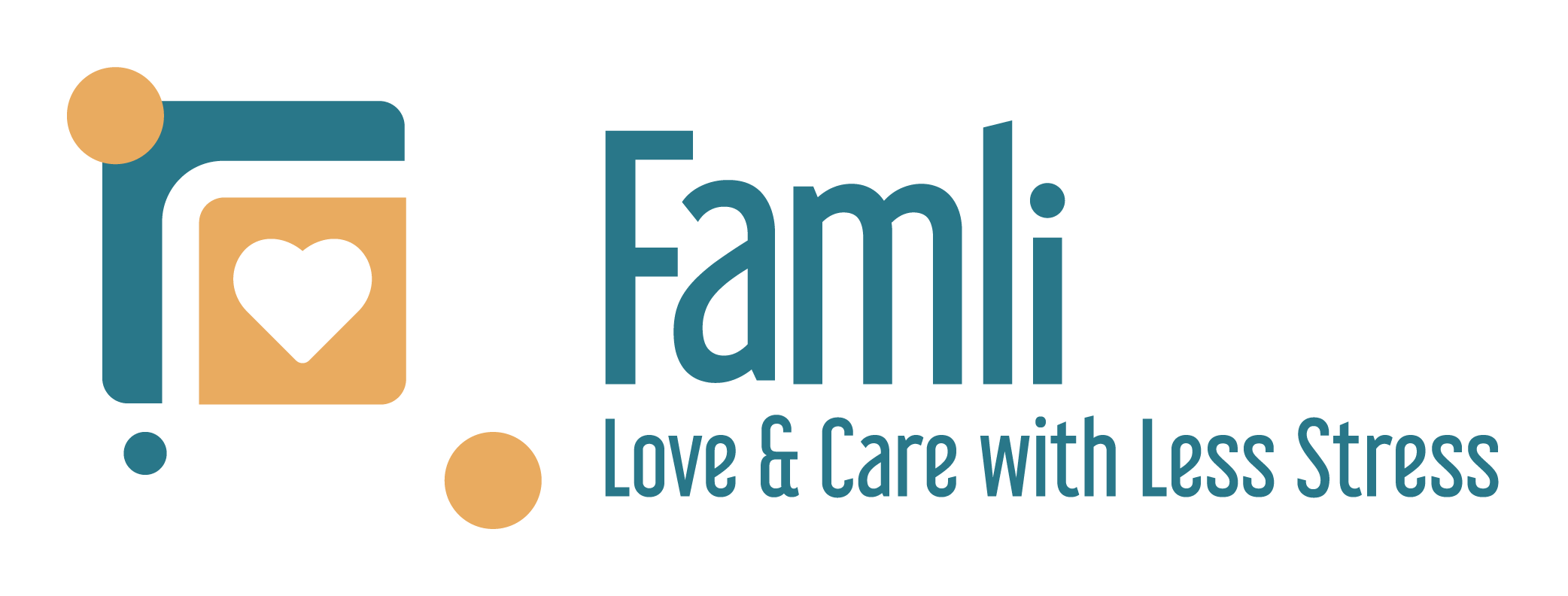
Ease Stress Now!
App Sign UpEase Stress Now!
App Sign UpAs a family caregiver, it’s not only important to focus on providing daily care for your loved one, but also to plan for their future. This can include creating legal documents such as wills, trusts, and power of attorney (POA) agreements. While these legal terms may seem intimidating, they are essential in ensuring your loved one’s wishes are respected and their assets are protected. In this blog post, we will discuss the basics of wills, trusts, and POAs, and provide tips to help you navigate the process with ease.
A will is a legal document that outlines your loved one’s wishes for the distribution of their assets after their death. It names an executor, someone responsible for making sure the will is carried out as written, and can also name guardians for any minor children. It’s important to note that a will only takes effect after your loved one passes away and assets may go through probate, a court process that can take time and money. To create a will, encourage your loved one to consult with an estate planning lawyer who can ensure the document follows state laws and is legally binding.
A trust is another legal tool that helps manage your loved one’s assets during their lifetime and after their death. There are different types of trusts, but the most common is a revocable living trust, which allows your loved one to remain in control of their assets while alive and provides instructions for after their death. A trust can avoid the probate process, but it can be more complex and costly to set up than a will. Consider consulting with an estate planning lawyer to determine if a trust is the best option for your loved one.
A POA is a legal document that gives someone else (an agent or attorney-in-fact) the power to act on your loved one’s behalf regarding financial, legal, and healthcare matters. This can be especially important in cases where your loved one becomes incapacitated and is unable to make decisions for themselves. There are two types of POAs: durable and medical. A durable POA remains in effect even if your loved one becomes incapacitated, while a medical POA only applies to healthcare decisions. Encourage your loved one to choose an agent they trust and consult with an attorney to ensure the document is legally binding.
Conclusion:
Creating wills, trusts, and POAs may not be the most exciting topic, but it’s essential in ensuring your loved one’s assets are protected and their wishes are respected. As a family caregiver, encourage your loved one to discuss their plans with an estate planning lawyer and choose agents they trust for POA agreements. By planning ahead, you can provide peace of mind for both you and your loved one in the years to come.
FamliCare is committed to protecting and respecting your privacy. Agreeing to receive our monthly newsletter is consent to receive email about our products and services. For information on how to unsubscribe from emails, our privacy practices, and how we protect your information click here